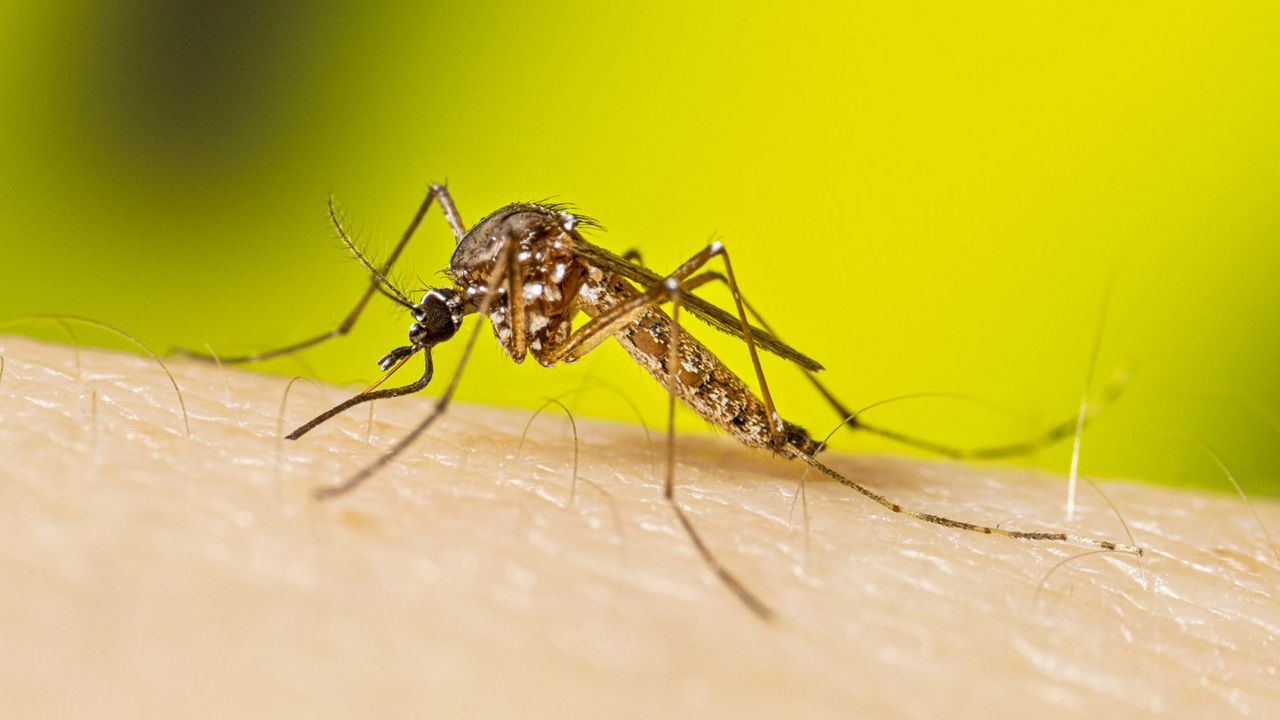SARASOTA, Fla. (AP) — Health officials in Sarasota County have confirmed a seventh documented case of malaria.
The Florida Department of Health reported a new locally acquired case of malaria in Sarasota County during the week of July 9-15. That’s in addition to five cases last month and one case in May.
What You Need To Know
- Seventh case of malaria documented in Sarasota County
- All seven people diagnosed have been treated and are recovering
- University of South Florida's Global Mosquito Observations Dashboard
- Manatee County Department of Health
- Sarasota County Department of Health
Sarasota County and Manatee County have been under a mosquito-borne illness alert for nearly a month.
All seven people diagnosed have been treated and are recovering.
Sarasota County officials have been been using aircraft, trucks and ground crews to apply insecticide to the area where the malaria cases were reported.
Mosquito control workers are trapping the insects and sending them to the federal Centers for Disease Control and Prevention for evaluation.
About 2,000 U.S. cases of malaria are diagnosed each year, the vast majority in travelers coming from countries where malaria commonly spreads.
Since 1992, there have been 11 outbreaks involving malaria from mosquitoes in the U.S. The last one occurred in 2003 in Palm Beach County, Florida, where eight cases were reported.
Additional Malaria Information
Malaria is not transmitted from person to person.
Only infected Anopheles mosquitoes can transmit malaria to humans. This case has been identified as the P. vivax species of malaria, which is not as fatal as other species. Effective treatment is readily available through hospitals and other health care providers. Individuals in this area with symptoms of fever, chills, sweats, nausea/vomiting, and headache should seek immediate medical attention.
DOH-Sarasota and DOH-Manatee continue to advise the public to remain diligent in their personal mosquito protection efforts by remembering to “Drain and Cover.”
DRAIN standing water to stop mosquitoes from multiplying.
- Drain water from garbage cans, house gutters, buckets, pool covers, coolers, toys, flowerpots, or any other containers where sprinkler or rainwater has collected.
- Discard old tires, drums, bottles, cans, pots and pans, broken appliances and other items that aren't being used.
- Empty and clean birdbaths and pet's water bowls at least once or twice a week
- Protect boats and vehicles from rain with tarps that don’t accumulate water.
- Maintain swimming pools in good condition and keep appropriately chlorinated. Empty plastic swimming pools when not in use



